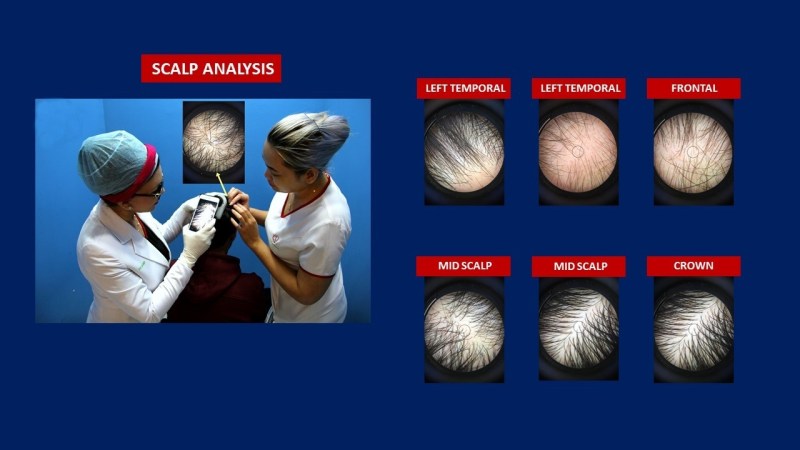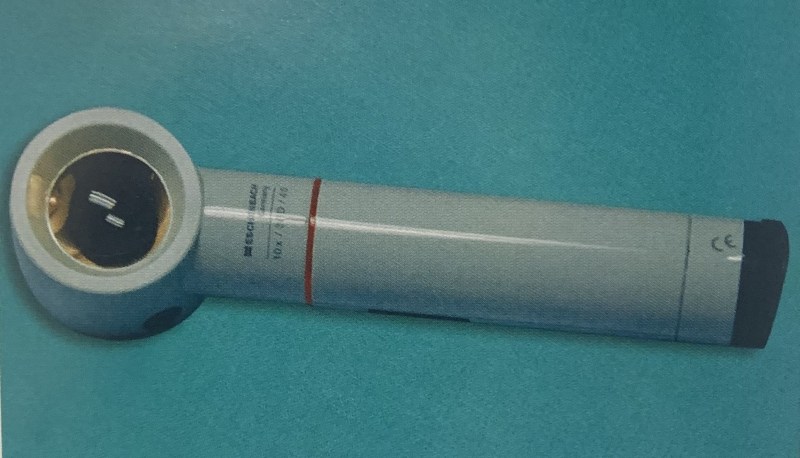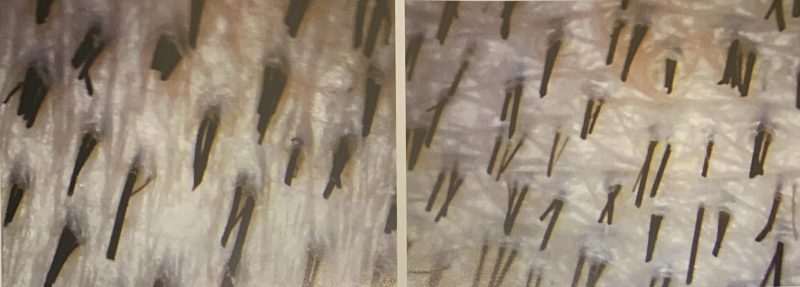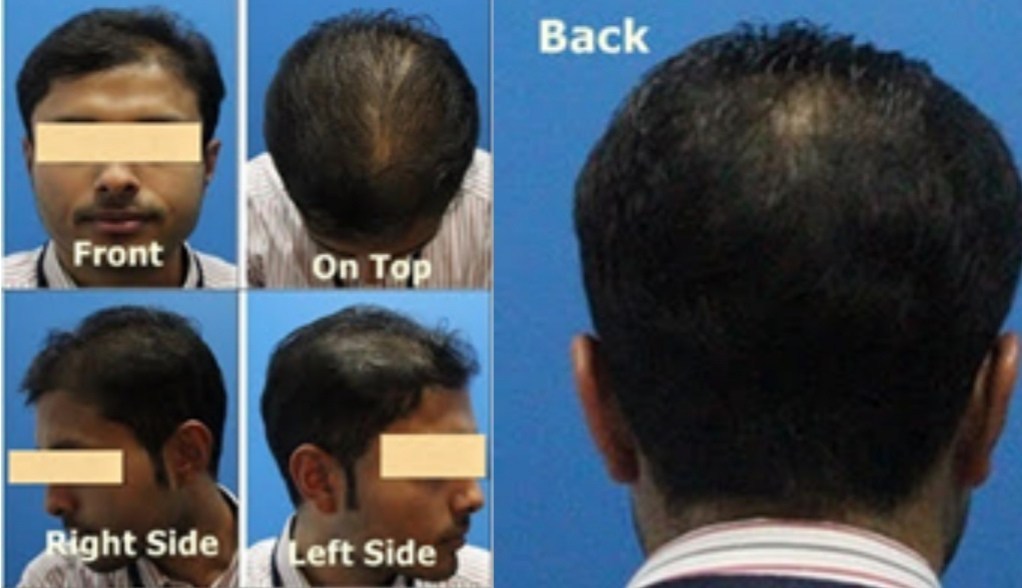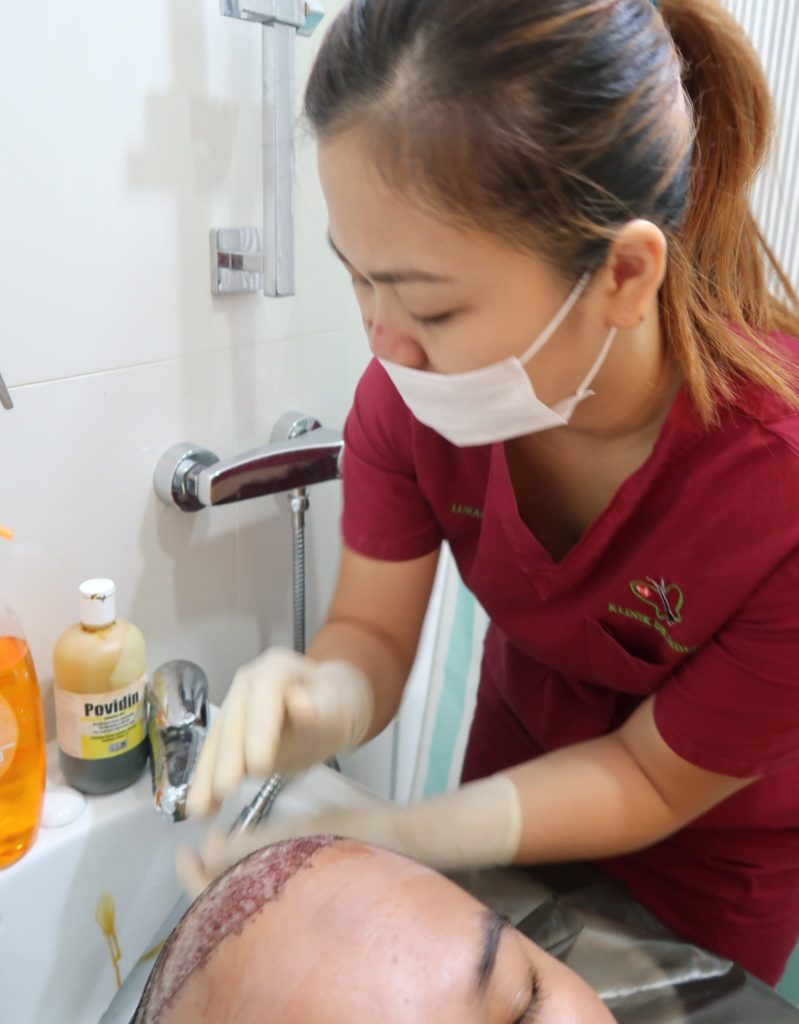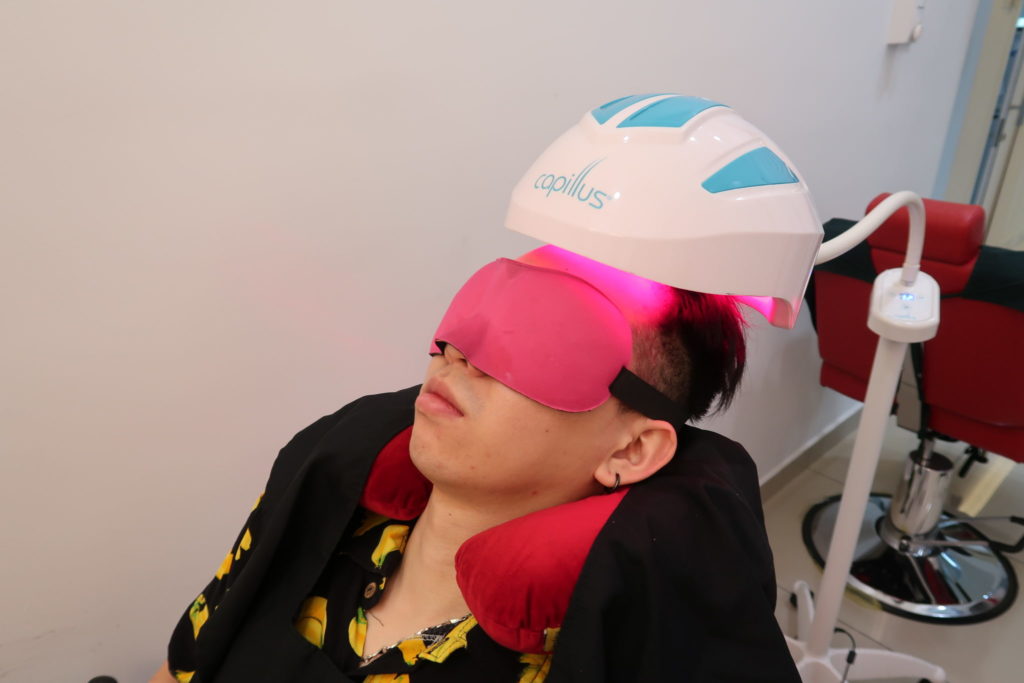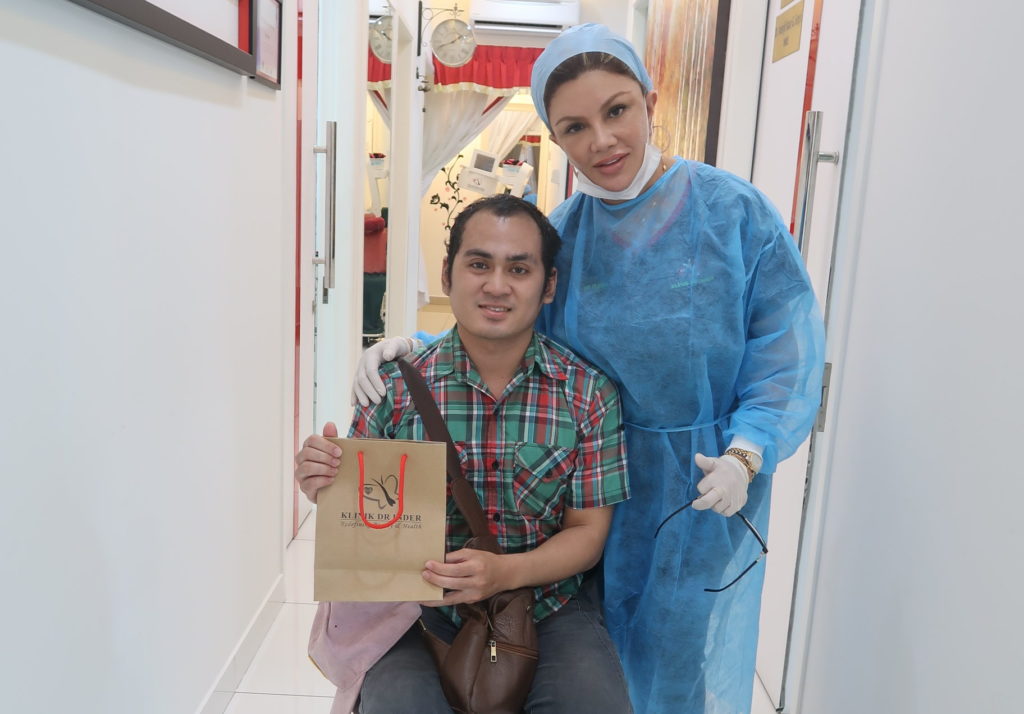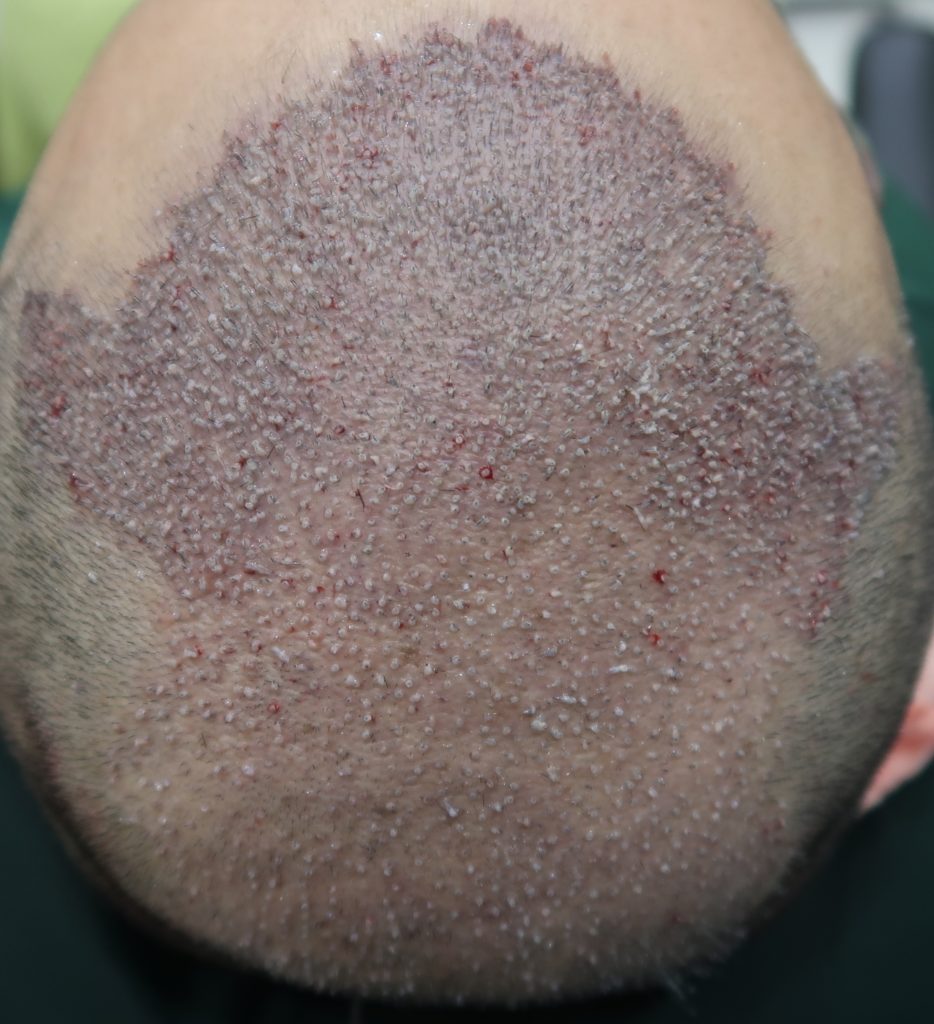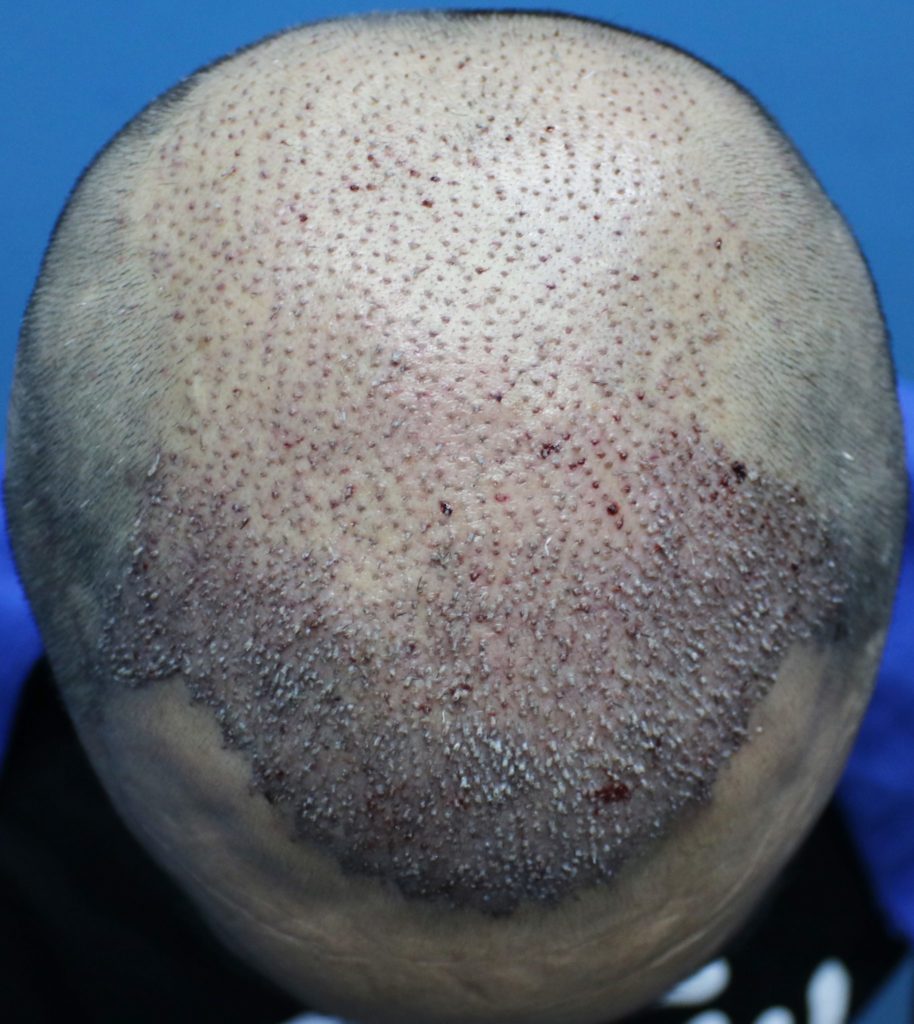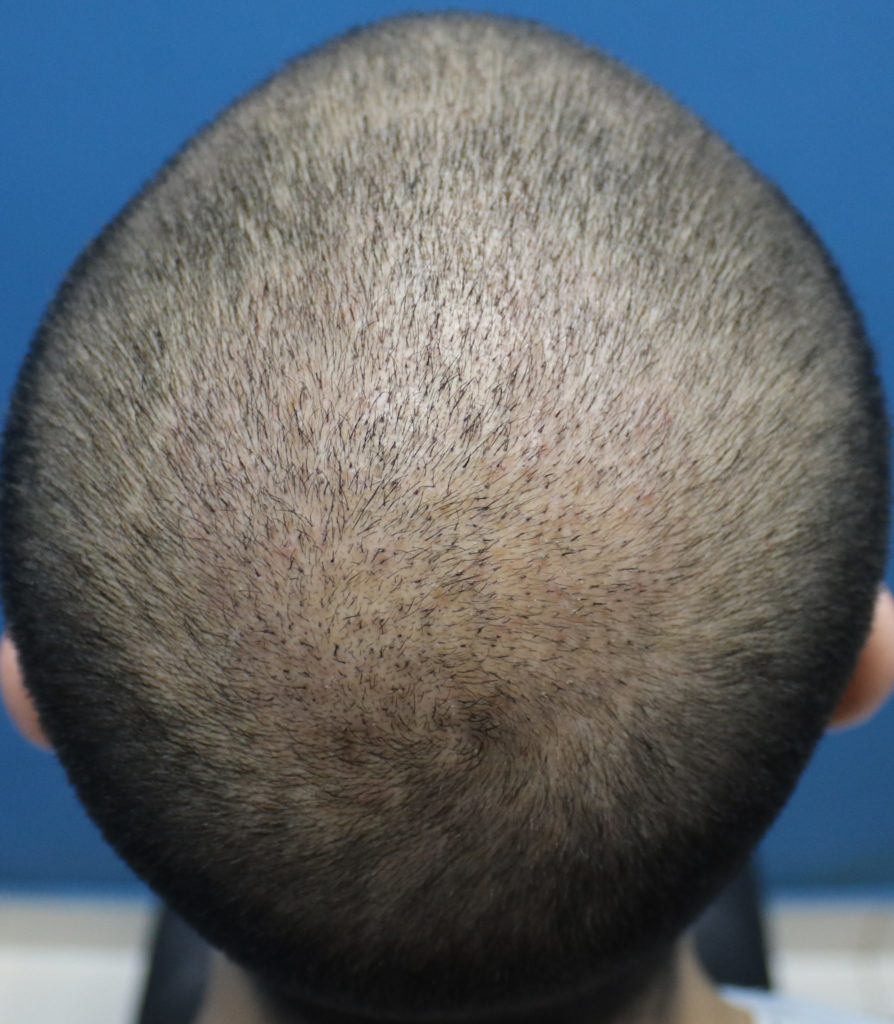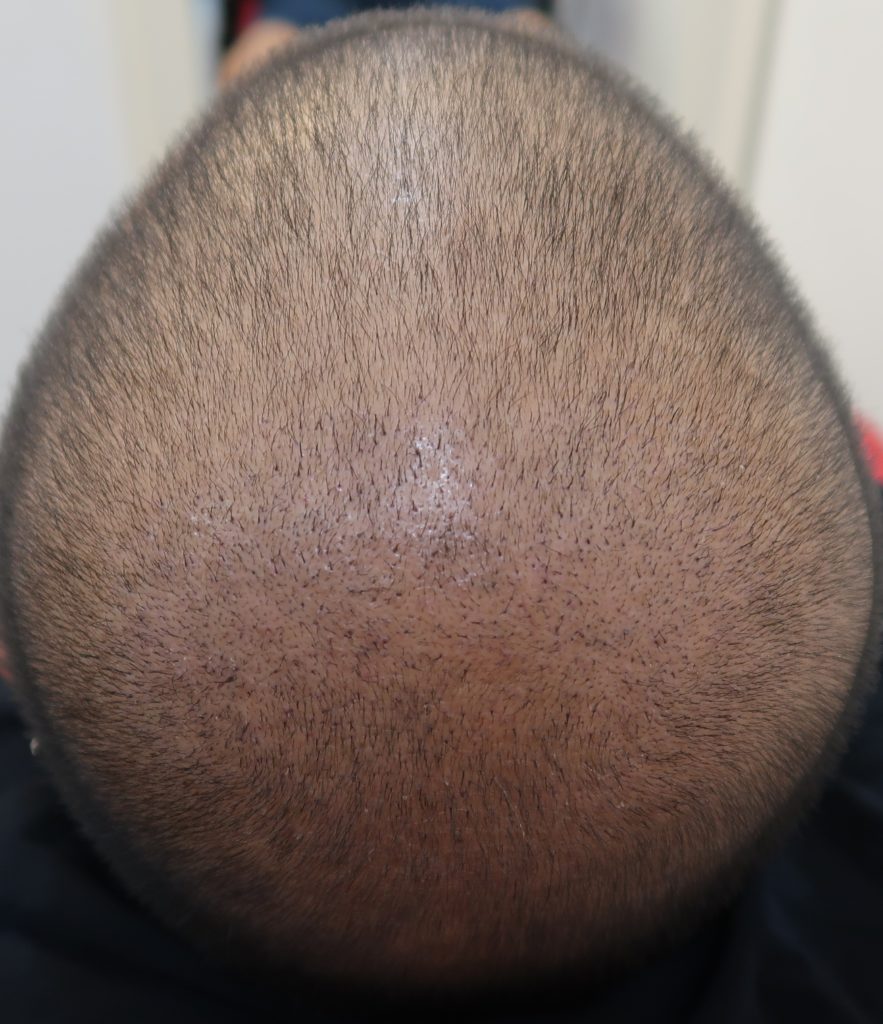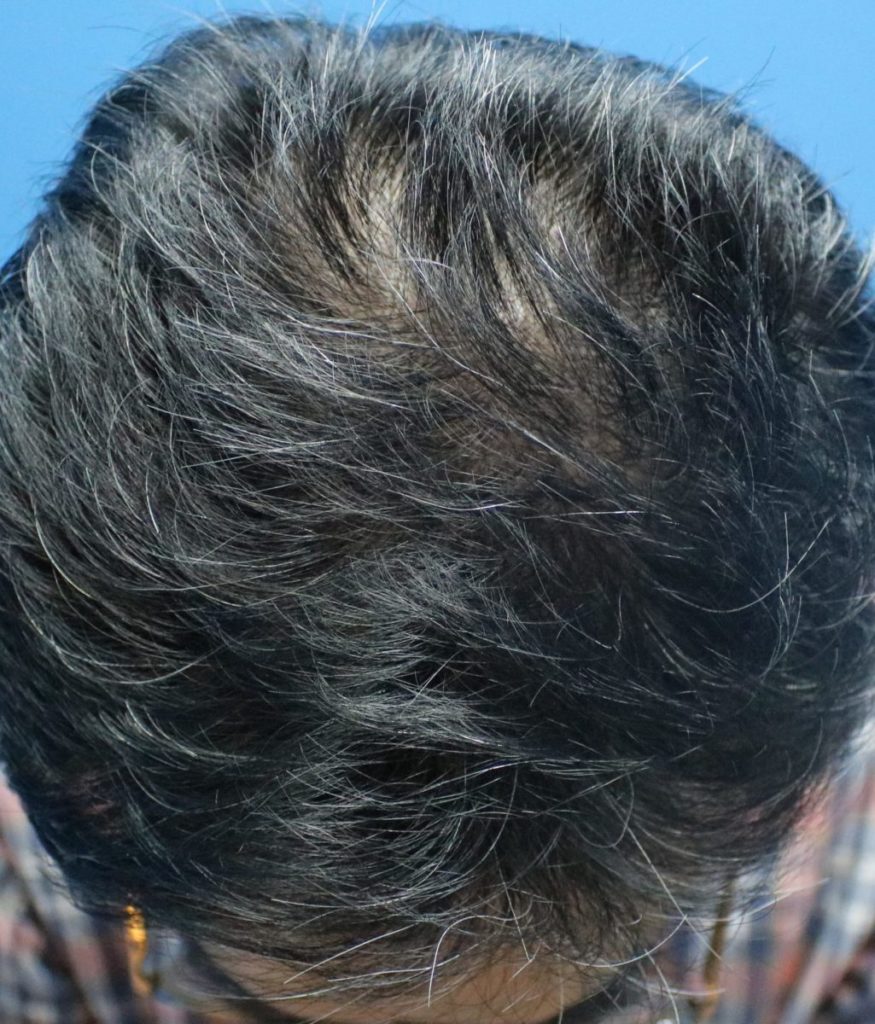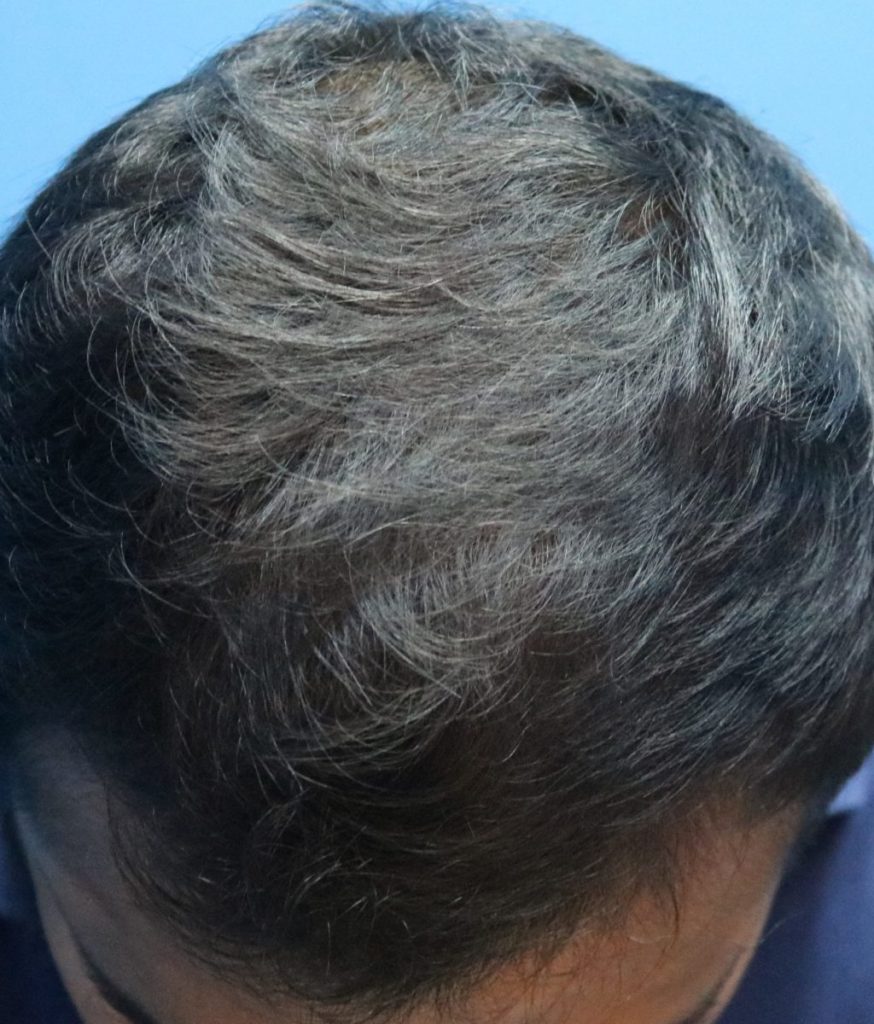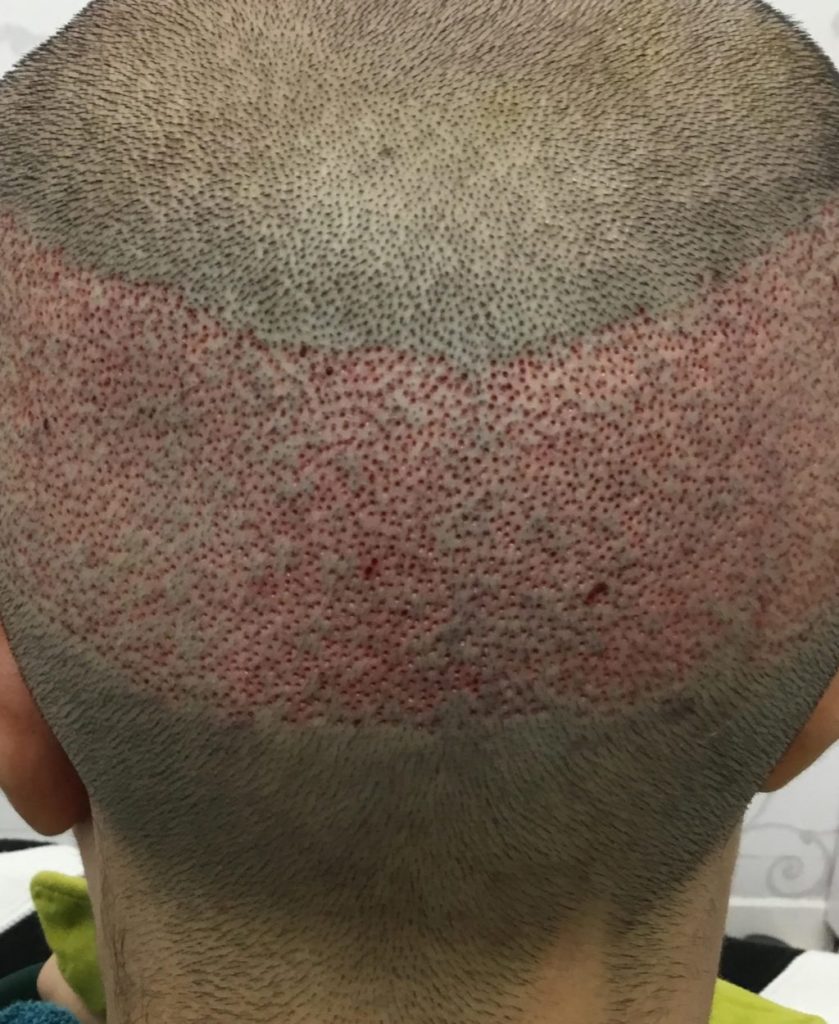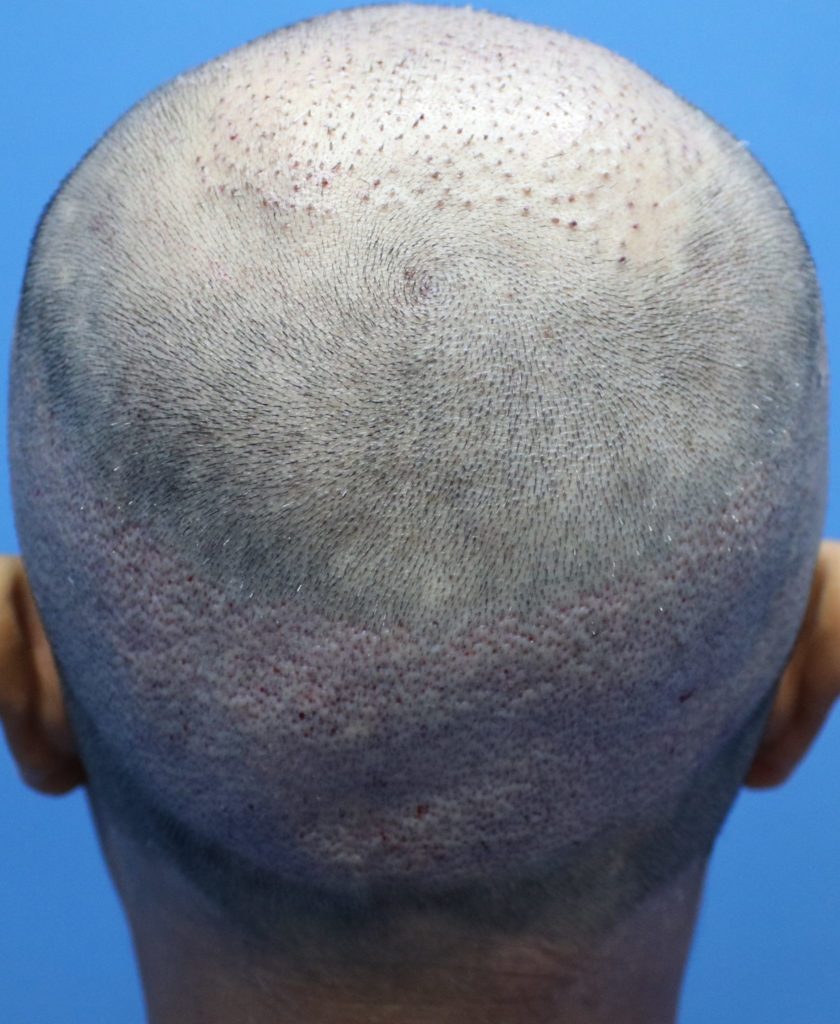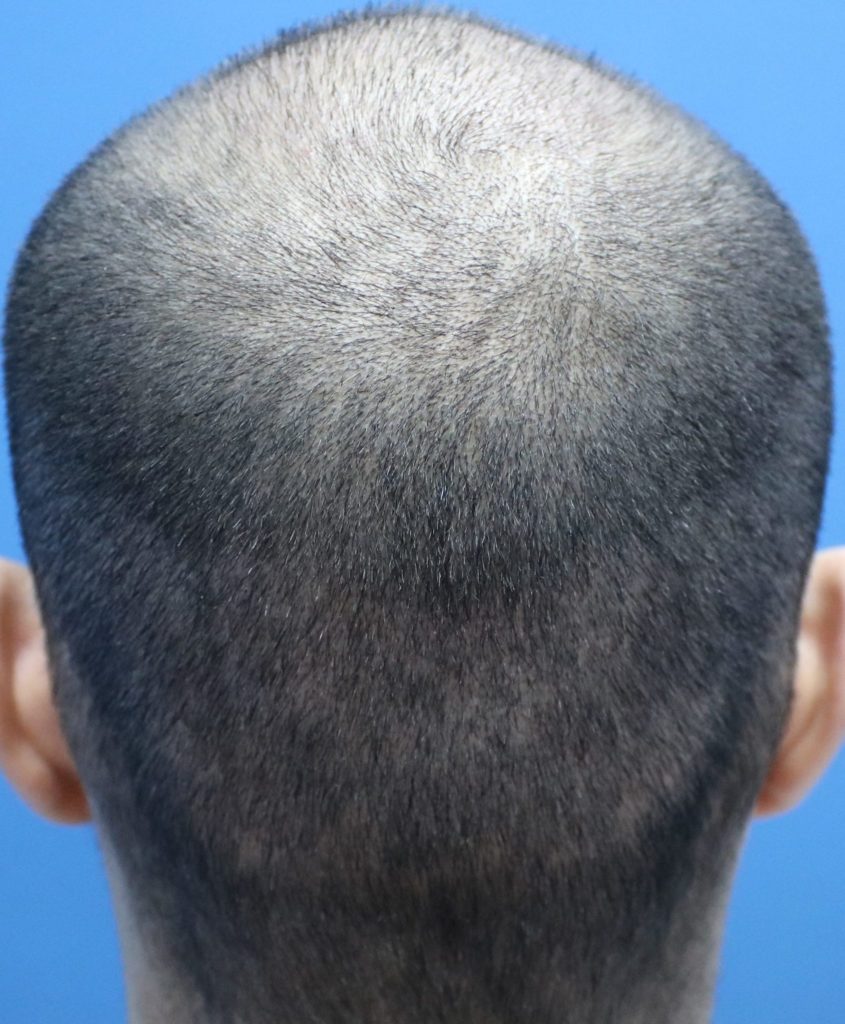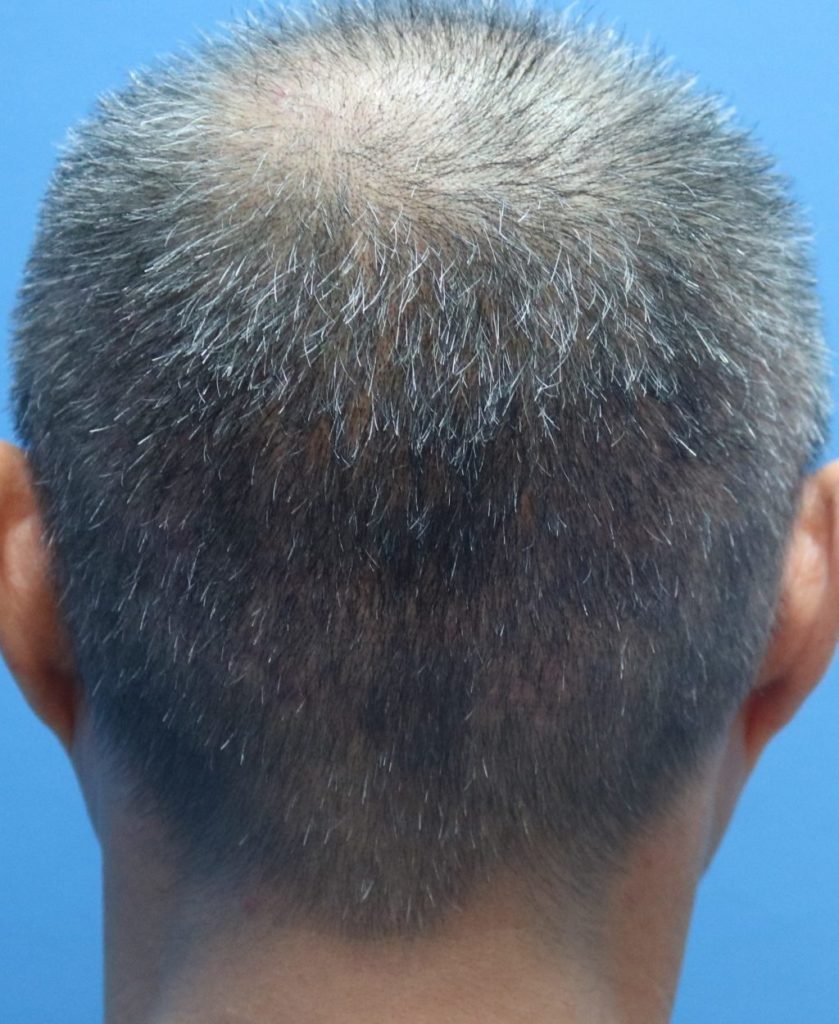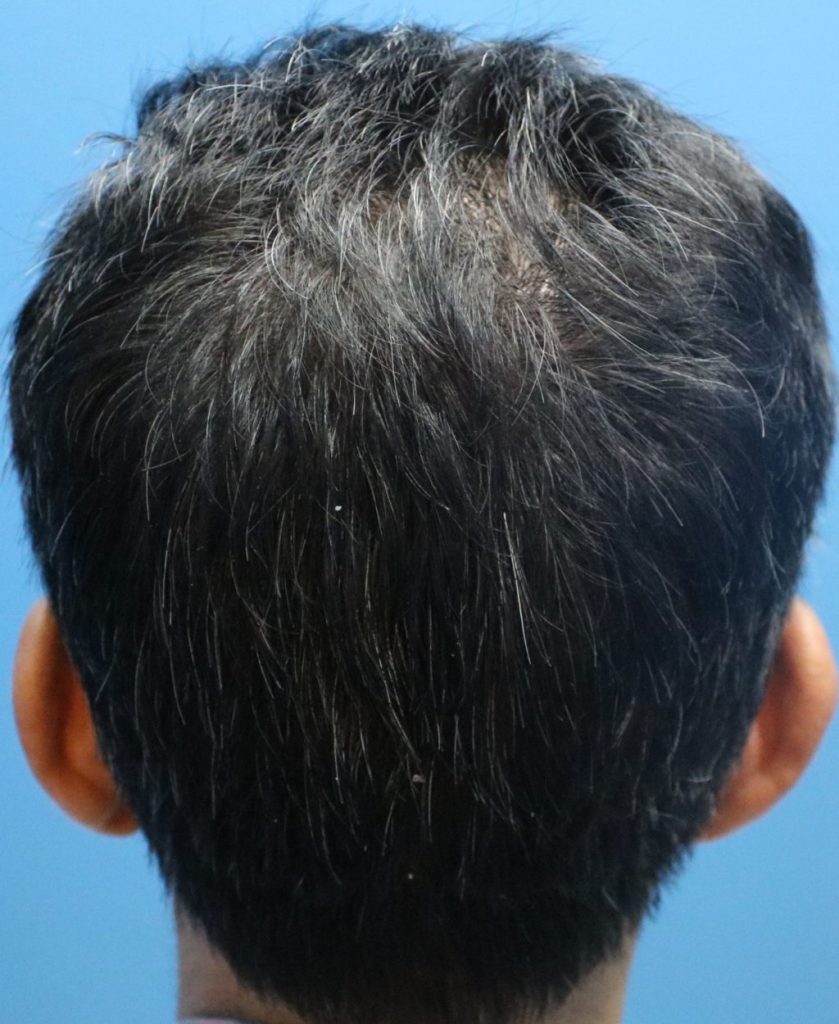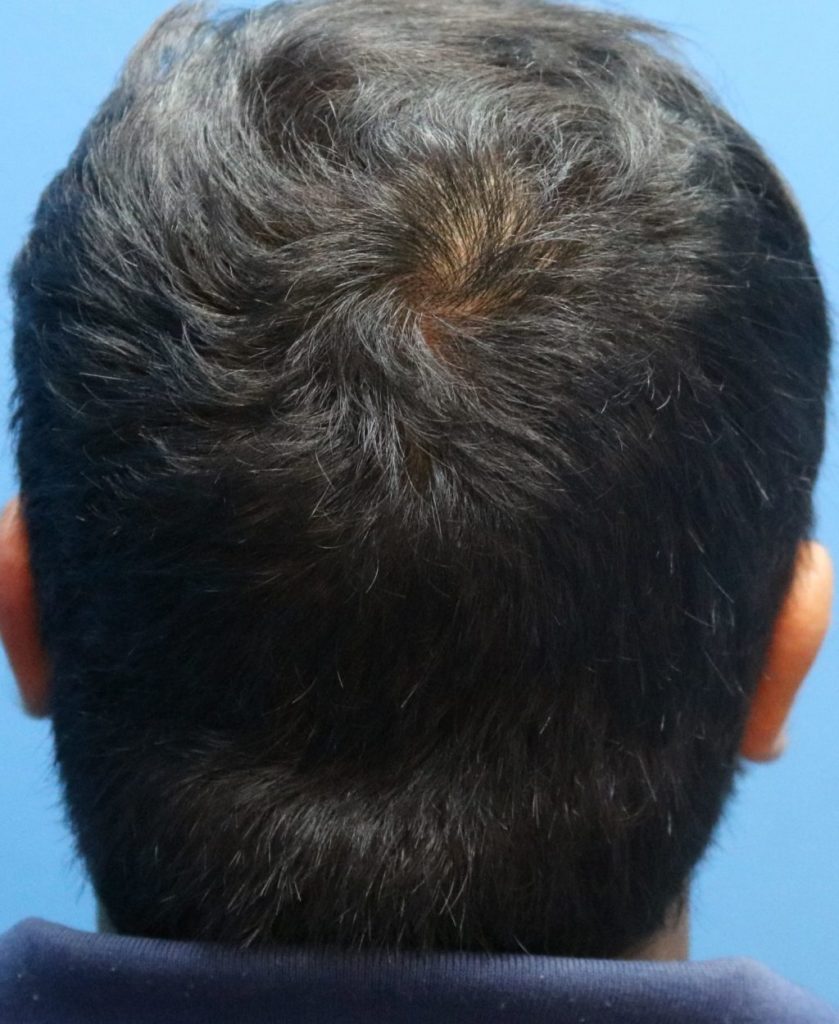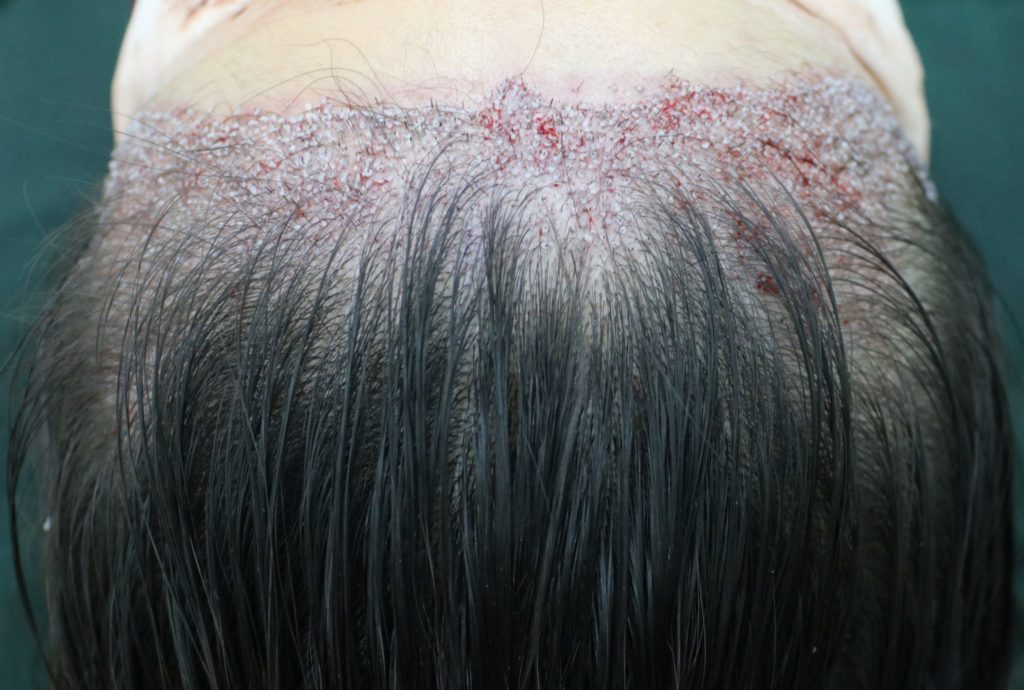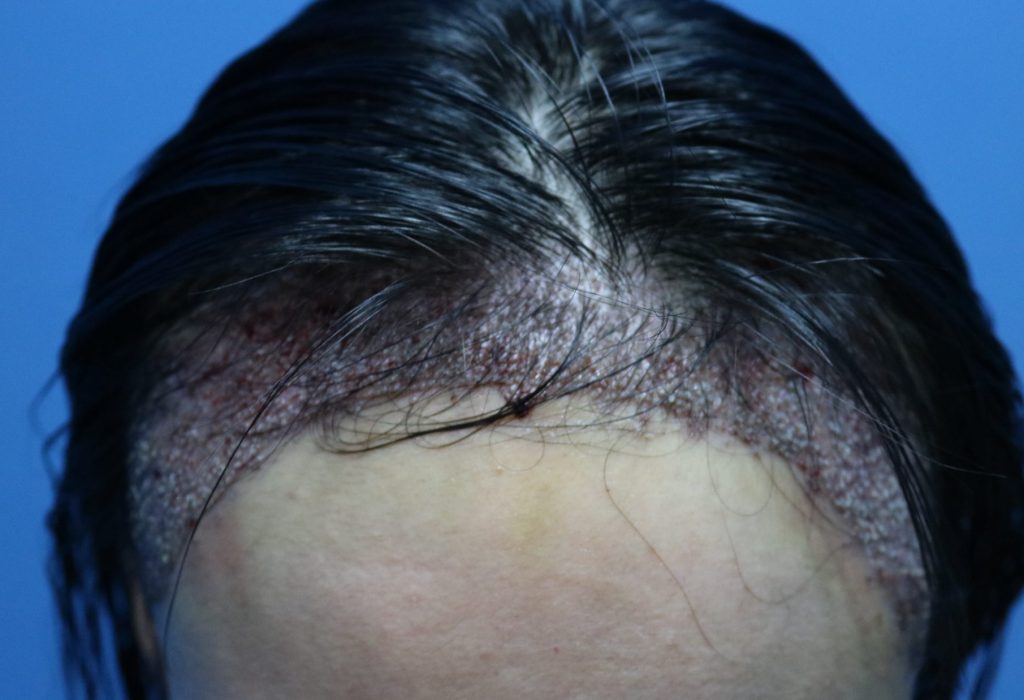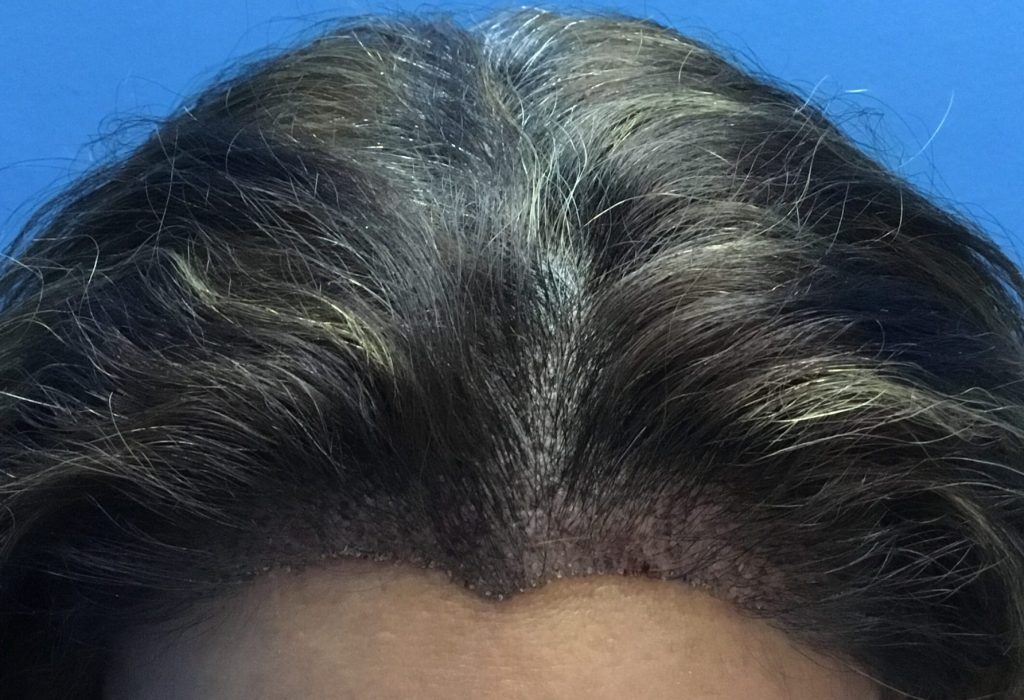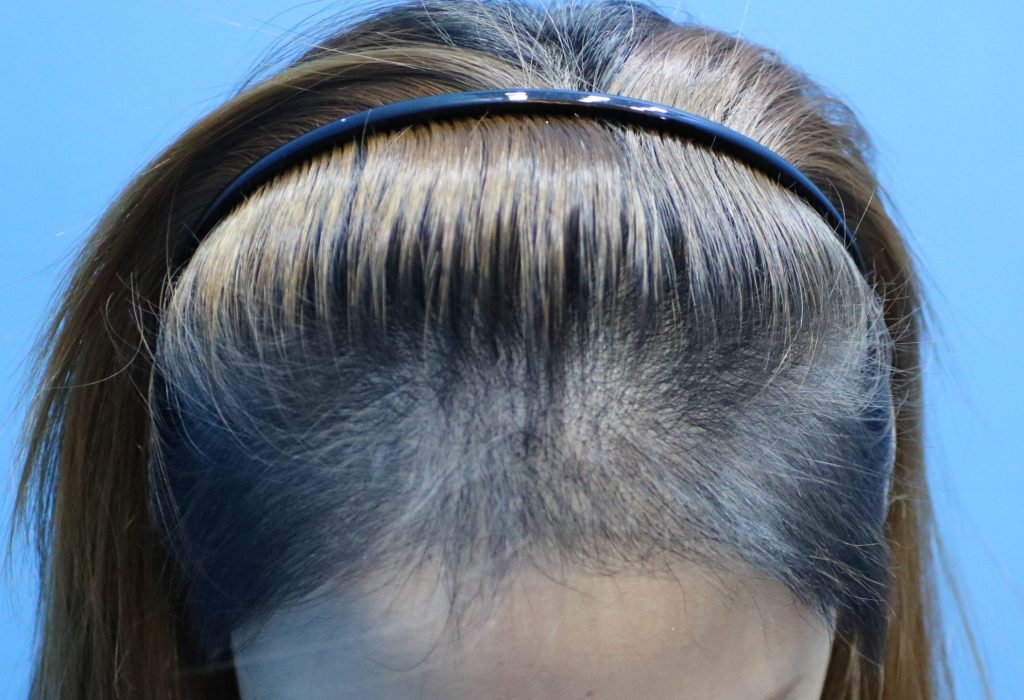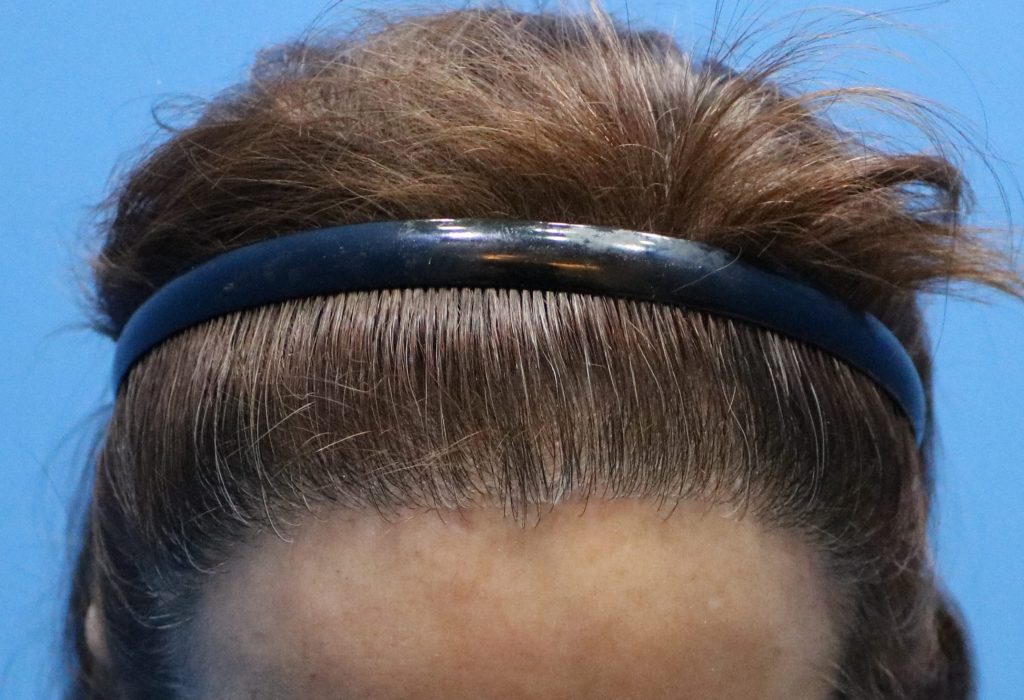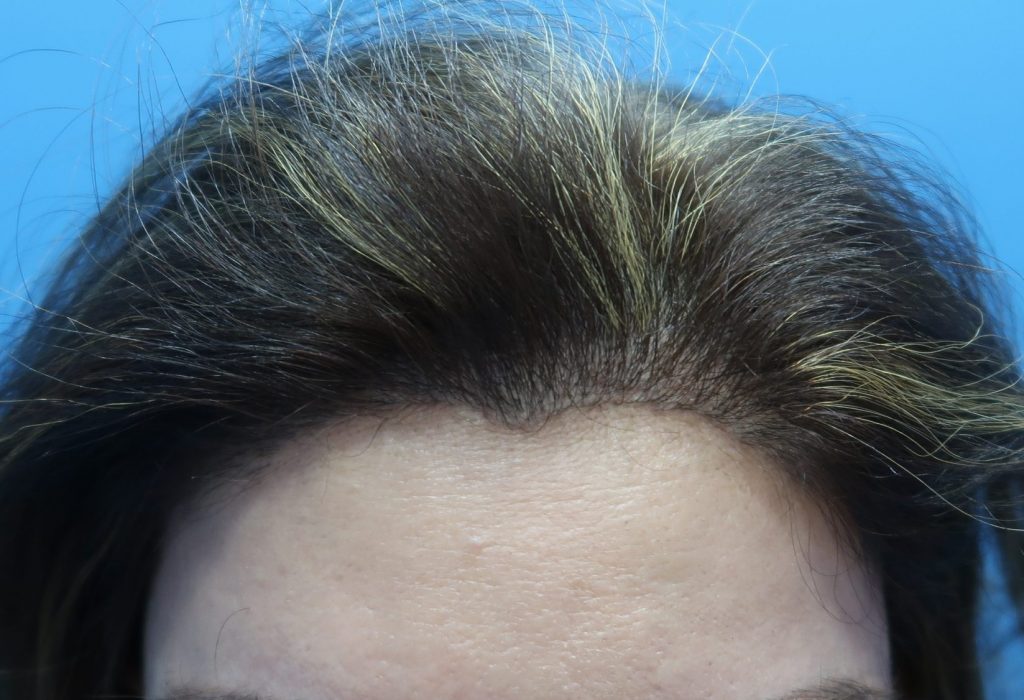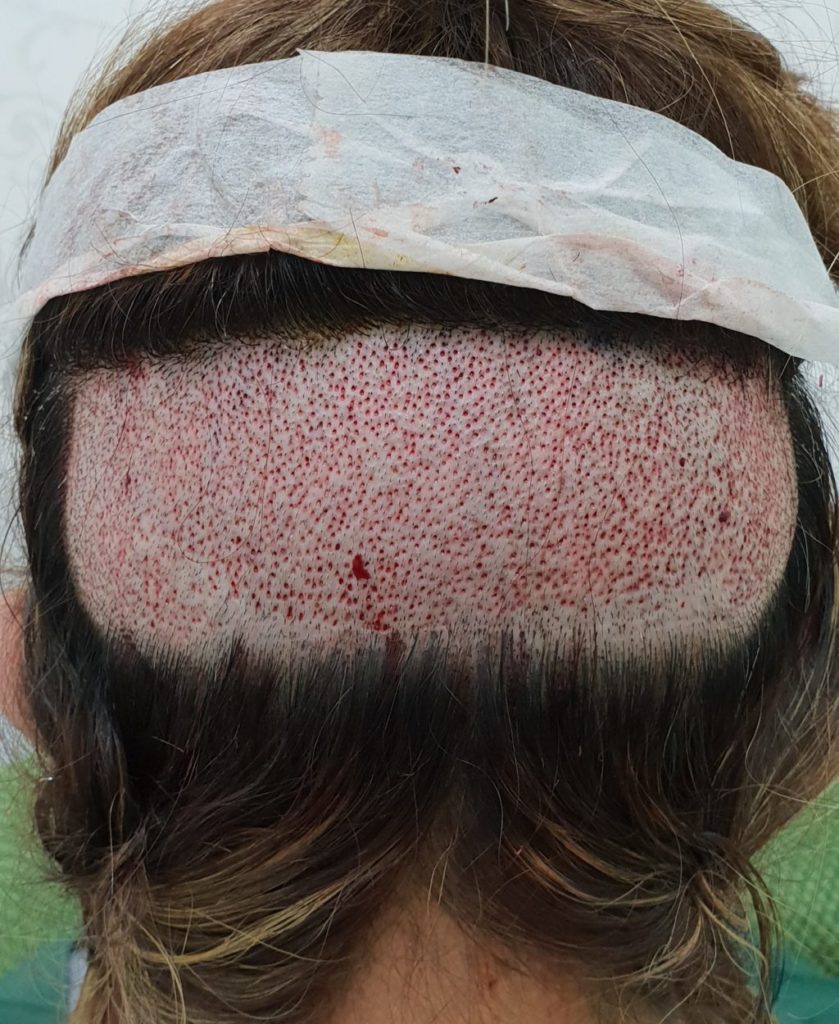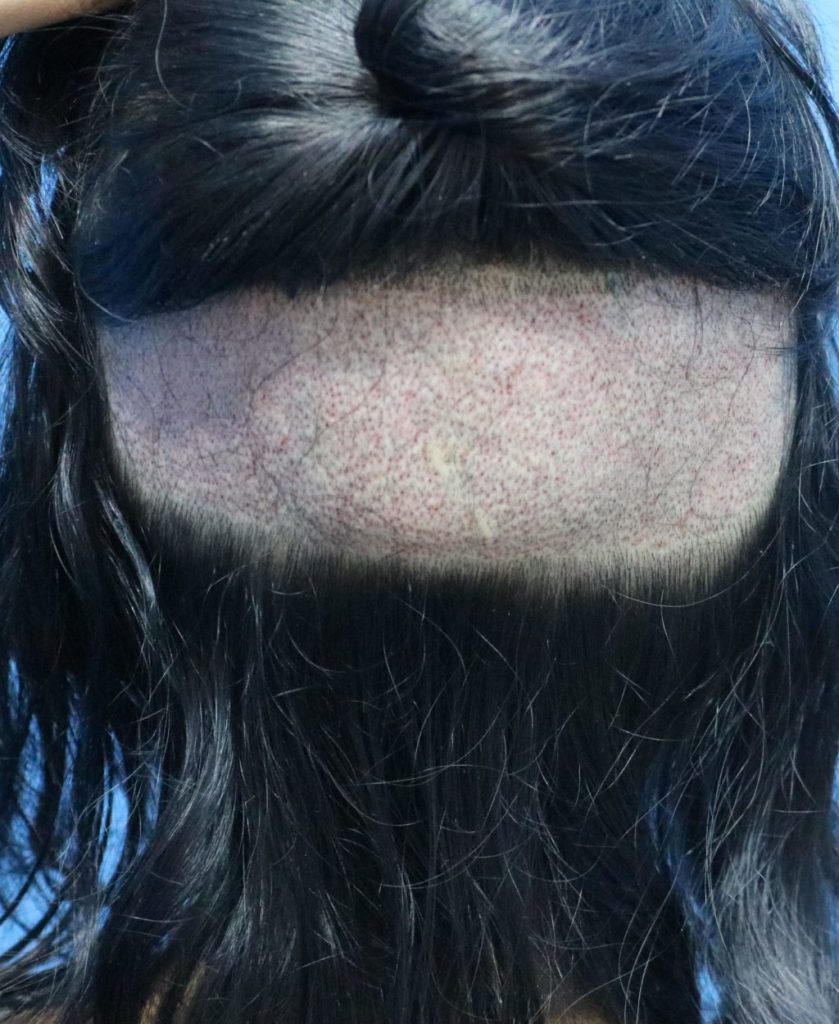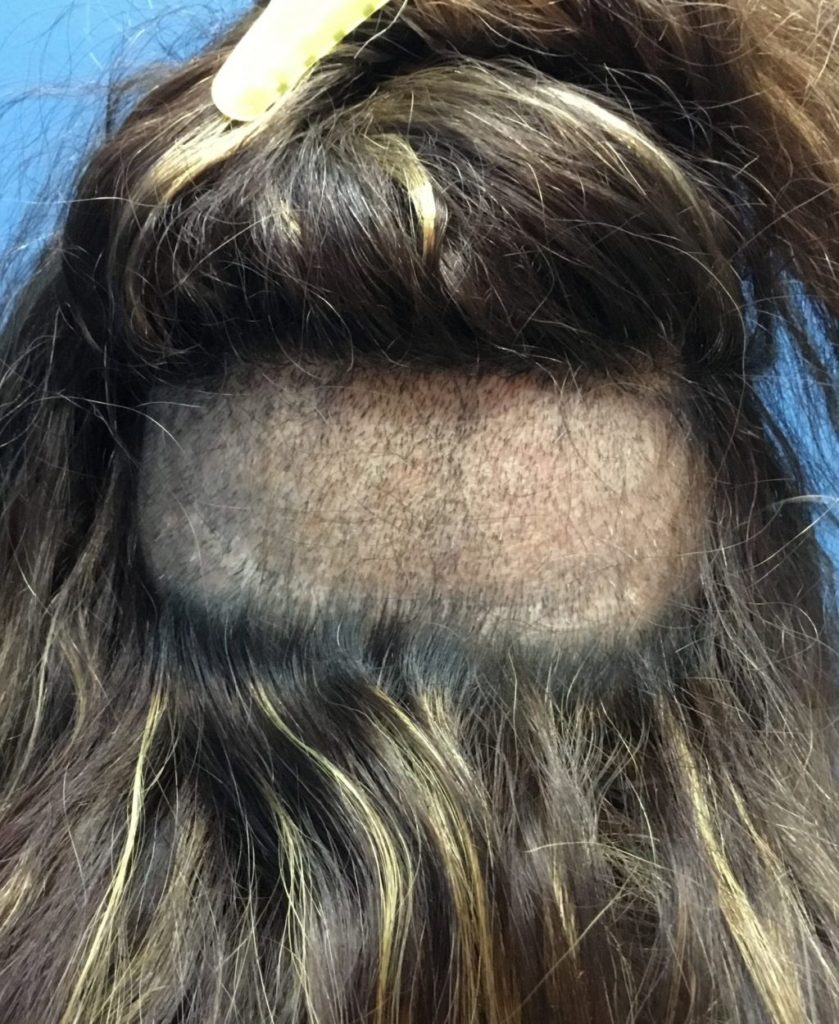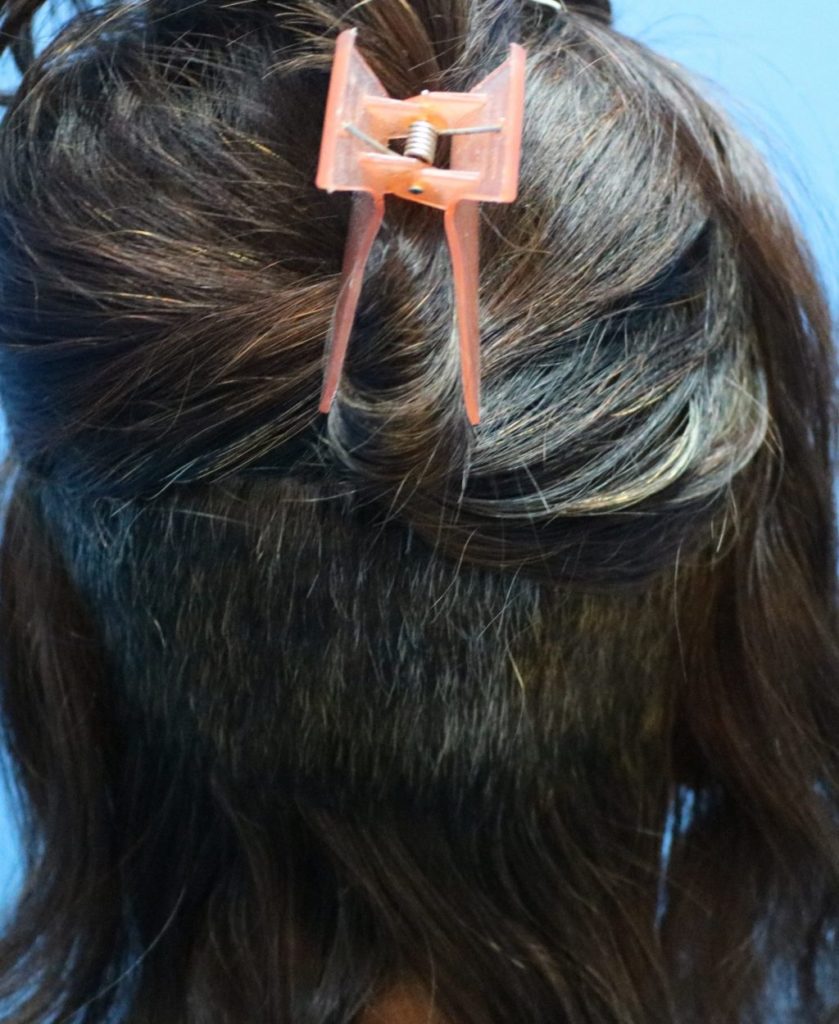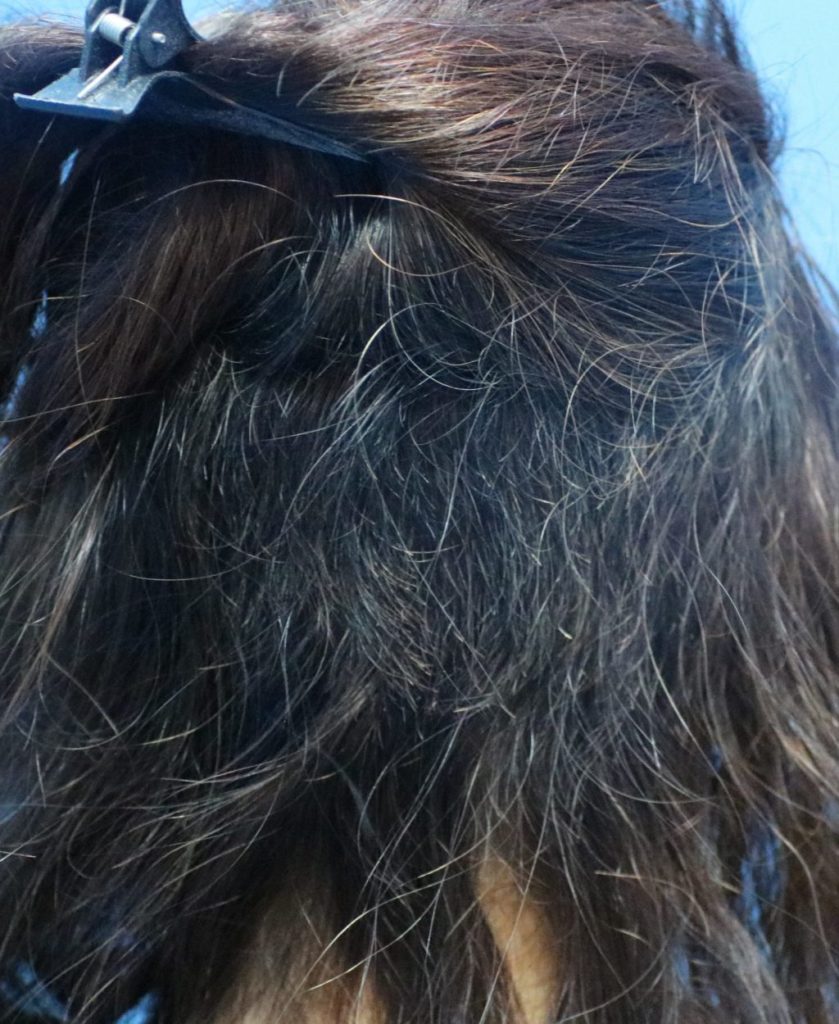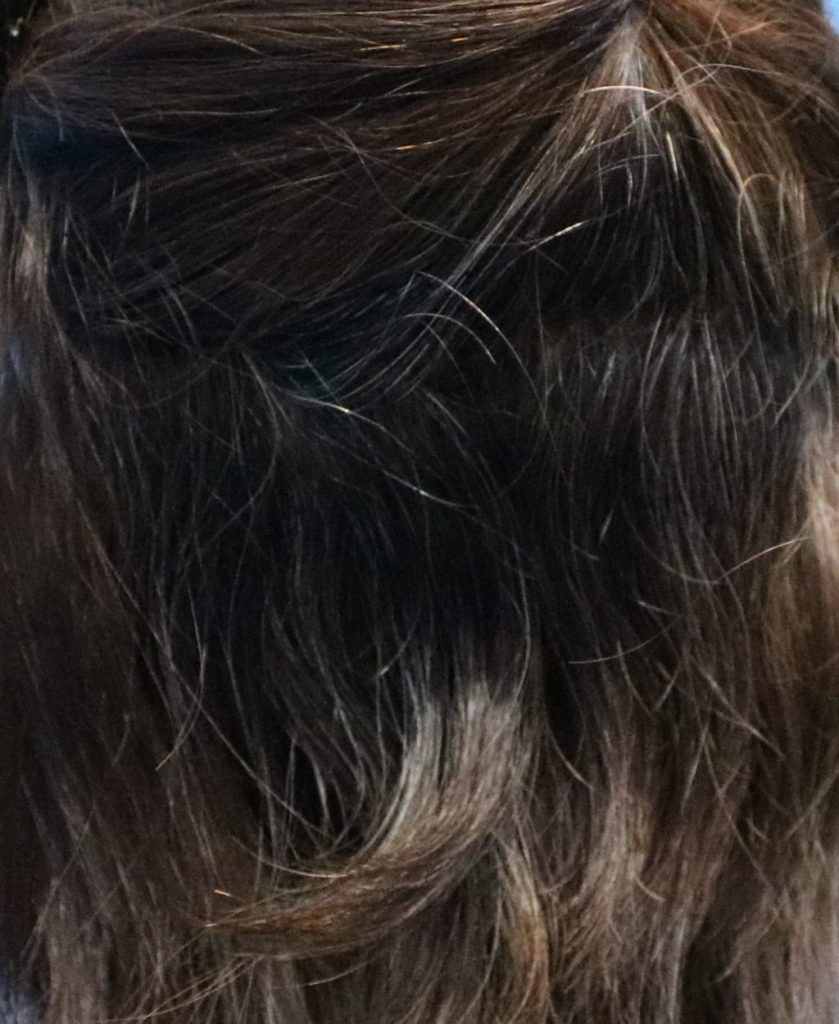PROTOCOL
At Hair Transplant Centre, we plan every step with focus on your needs and expectation to produce the best result possible , irrespective of the different treatments we provide.
We know that client focus and professionalism ensures we remain one of the best hair transplant centre. You’ll find our centre accommodating and meticulous in our approach to begin your journey to restore your hair . We believe in evidence based results.
All pictures of patient and procedure in this website are from our very own patients’ with consent given from them. Take the initial step to visit us to witness Hair Transplant Centre’s equipment , best practises and review all our successful Hair Transplant results.
Hair Transplant Centre offers superior hair transplant procedure with guaranteed results achieved by hair transplant doctors who have performed thousands of hair transplant procedures – every one successful.
Staff at Hair Transplant Centre are at hand to monitor and advise you about ongoing medical hair treatments, while our laser therapy chairs provide hair enrichment services.
All of our hair transplant and hair loss treatment services are available at affordable prices that include exemplary client care before, during and after your treatment.

CONTACT US NOW
Free Consultancy With Our Expert Doctor
We have the Best State Of Art Dedicated Hair Treatment Facility To Ensure You Get The Best Results
OUR HAIR TRANSPLANT EXPERTS ARE WAITING TO HELP YOU
PLANNING IS KEY
HAIR TRANSPLANT DONE RIGHT
Step 1: Understanding FUE
What is the best method and instrument for Hair Transplant Done Right
There are several methods , protocol and instruments available to perform hair transplant procedure.
At Hair transplant Centre , we combine several techniques to come up with the best practises to obtain optimal results. This includes techniques using instrument from leading Hair Transplant Surgeon Dr John Cole , Dr Sansui Umar and others.
Our best practises includes the following :
Holding Solution :
– Normal Saline
– A cells
– Liposomal ATP solution
– Hypothermos
Powered Cole Isolation Device (PCID)
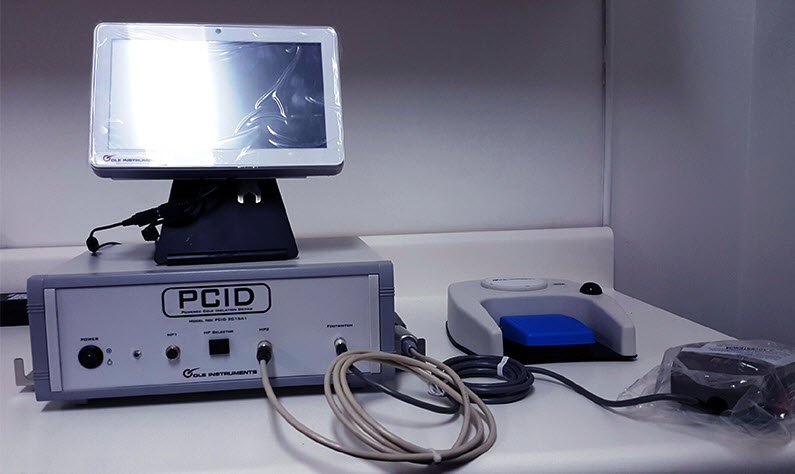
Harvesting grafts in hair transplant surgery
Electric Chilling Device
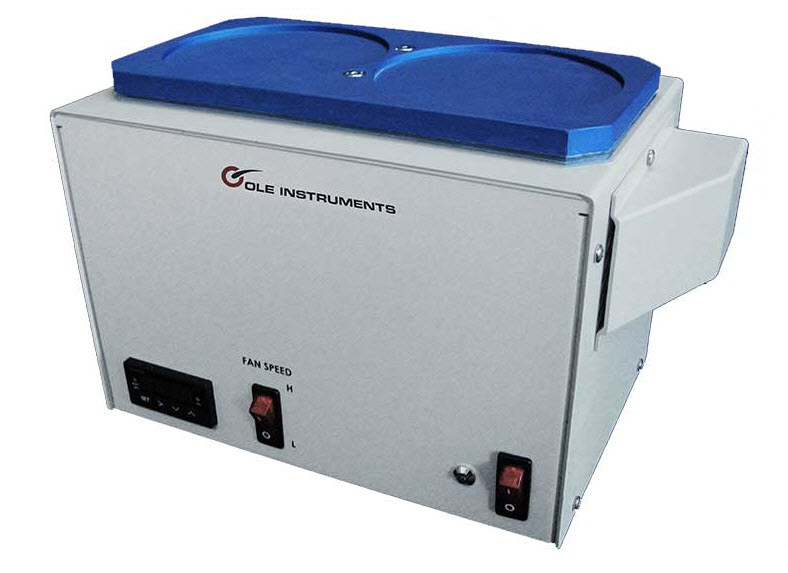
Maintaining the temperature for the grafts in hair transplant surgery
CID-Counting Incision Device
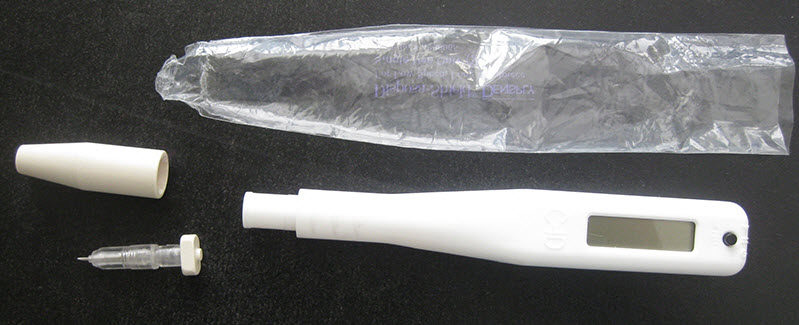
Pre make incision slit and counting the number of slit for hair transplant surgery
Self Filling Device (SFD)
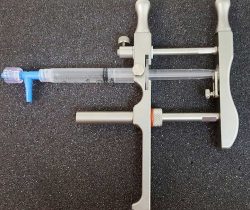
Injection of tumescent fluid at donor area for hair transplant surgery
DrUGraft
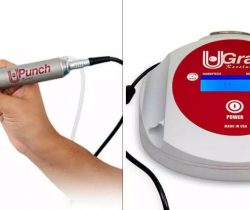
Harvesting grafts for donor area-scalp-body for hair transplant surgery
Donor Template
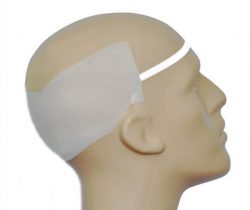
Marking donor area for hair tranplant surgery
Graft Storage Plate
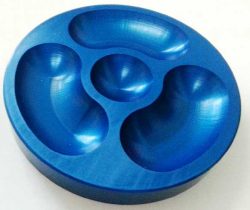
Storing hair grafts during hair transplant surgery
OKT Implanter
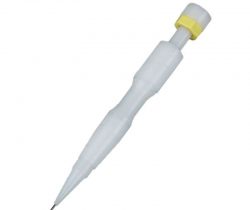
Planting the hair grafts during hair transplant surgery
Graft Cleaning Station
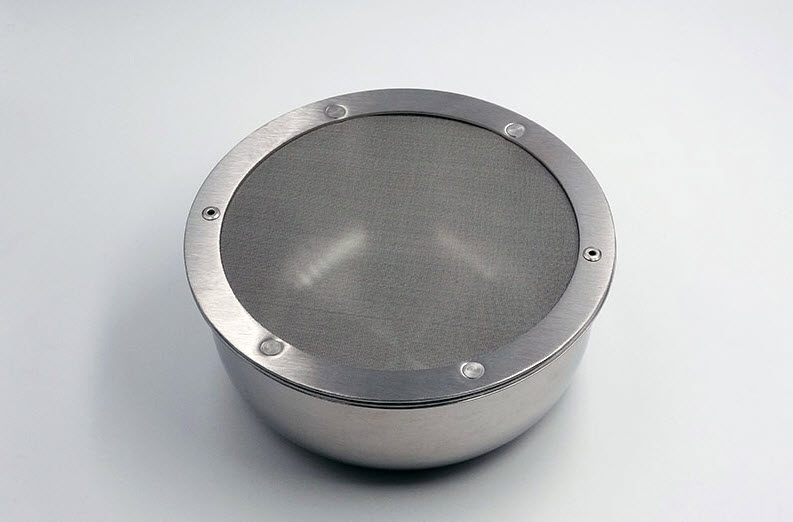
Cleaning the hair grafts during hair transplant surgery
Aide to Extraction (ATOE) special forces

Extraction of hair grafts during hair transplant surgery
Step 2: Are You In Good Hands
We are certified Hair Transplant doctors with over thousands of successful procedures with fully well trained staff
Our Hair Transplant Experts Dr Kuladeva & Dr Inder
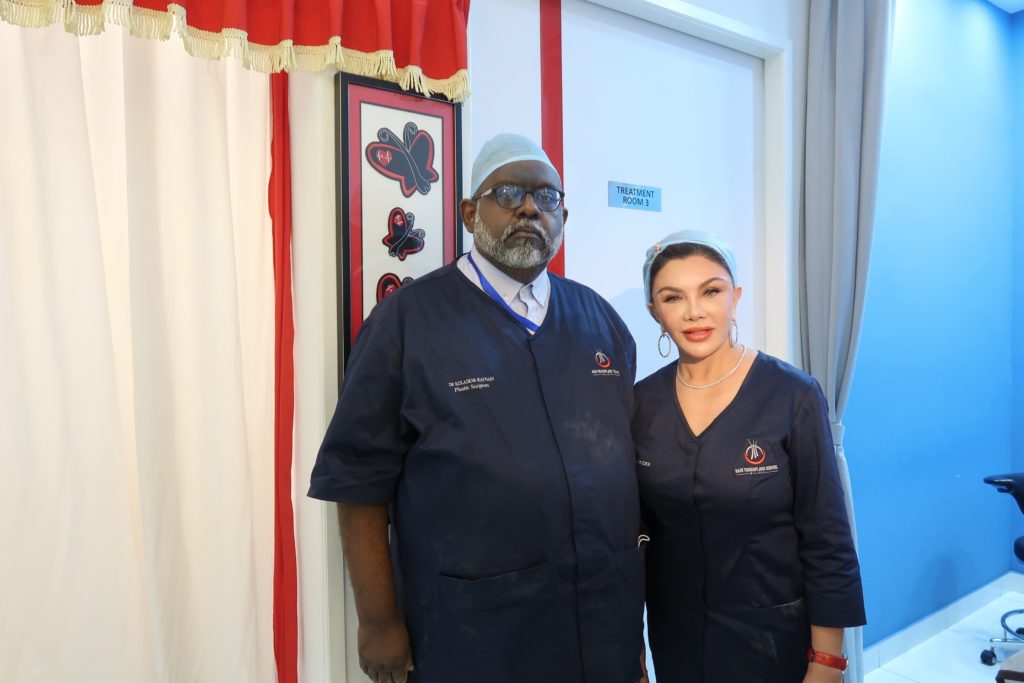

Step 3: What Is Your Expectation
Our Hair Transplant Doctors will listen to you , understand your expectation and advise you on the best approach for optimal results
CONGRATULATIONS
During Hair Transplant Consultation:
Many factors are considered during consultation which includes your age, extend of hair loss, your hair design, donor recipient area ratio, your future plan on medication to stop progressive hair loss, medical health, psychological state, hair characteristics, family history male pattern hair loss and of course your budget.
Please remember, it is not the number of grafts we harvest out, It is the number of grafts we leave behind on your donor area to combat your future progressive hair loss!
Day 1 After Procedure ( Post Care )
We recommend our patients to start washing the day after their hair transplant with baby shampoo for 1 month.
We encourage them to wash twice per day for 2 weeks being gentle the first few days and advancing to a more aggressive washing procedure.
The idea is to stimulate circulation to the grafts, keep the grafted area clean, and start to break free the scabs around the follicles. Antibiotic cream will be given to apply at donor area for the first week after procedure
DO's and DONT's
Follow Your Doctor’s Instructions – Part of your pre-operative appointment should be a discussion on what you need to do after your surgery. Your hair transplant doctor will give you an overview as to what you should expect after surgery.
At hair transplant centre our expert hair transplant doctors will provide you with written instructions that are customized specifically for you.
Your scalp may appear pinkish immediately after having your hair transplant procedure. Small scabs around the micro incisions may be covered with any subsisting hair that will keep your hair transplant hidden.
Most patients feel comfortable going out in public after about three to seven days
After Care Protocol
- Pain/swelling
– In the first few days following a hair transplant procedure, the patient may experience mild swelling, itching and pain both in the donor and receipt areas. These symptoms generally subside in a week. For swelling icepacks can be apply over forehead and eyelids as frequent as possible. - Rest
– for the the first 24 hours rest as much possible. Keep upper body body elevated at a 30-45 angle when sitting or lying down to keep the head above the level of the heart. This is to prevent swelling as it will decrease gravity’s ability to move the fluid downward into the eyes and face. - Activity
– Activity should be severely limited for the first 48 hours after the procedure. No heavy lifting, vigorous exercising or bending over at the waist should occur. No strenuous activity for 1 week recommended. No swimming is recommended 2 weeks. - Bleeding
– Normally there’s no active bleeding after day 1 procedure however if there is bleeding, place firm pressure over the area with clean cloth or gauze foe 10 min. - Coverings
– A clean cap can be worn after hair transplant procedure as long it doesn’t fit snugly or contact the grafted area. If the the person uses a hair replacement system, it should not placed on the grafted area for at least 1 week after procedure. Patient is advised to wear hat to prevent direct sun on their scalp. - Scabbing
– The scabbing usually gone within 1 week to 10 days after procedure. Patient is advised to not pick the scabs, as it would remove follicle along with the scab. - Camouflaging Products
– It is recommended like topical fibers, can be use after 1 week post operative and for short period. Shampooed it as soon as possible. - Shedding/ shock loss
– Normally 7 to 10 days after procedure, scab begin to fall off with shampooing. For female, 50% may experience mild to severe shock loss. Shock loss for female normally is seen after one month op procedure and the shedding of the hair will continue about 3 to 4 weeks. This shock loss is only a temporary phase. All the shedded hair will grow back - Regrowth
– Patient is advised first sign of hair growth after 4 months onward. They will start substantial growth in the area and takes up a year or more for a full impact of the hair transplant procedure.
Post procedure hair transplant-maintenance program is very crucial to stop progressive hair loss to maintain the hair restoration results. The following treatment are highly recommended to sustain and maintain the results and to combat progressive hair loss
- Medications & shampoos
- Photo therapy can be done at clinic or at home
- PRP treatment
- Meso therapy treatment (biotin and filler)
- Stem cell
- Scalp micropigmentation (SMP)

